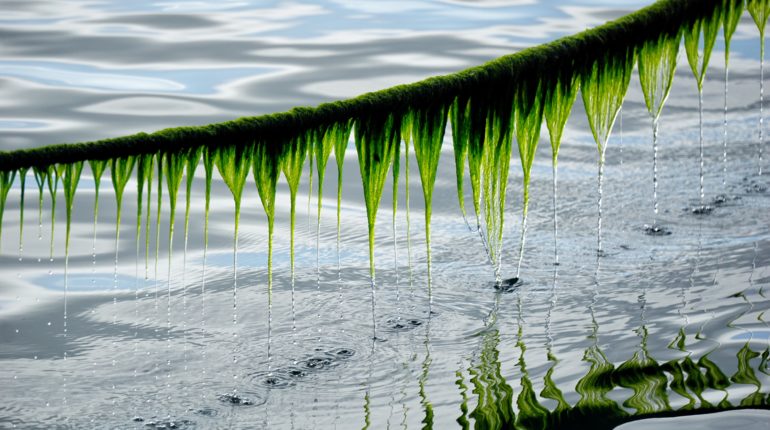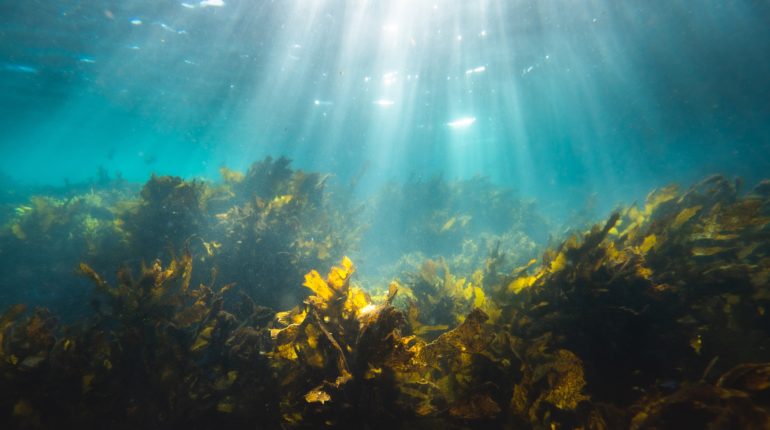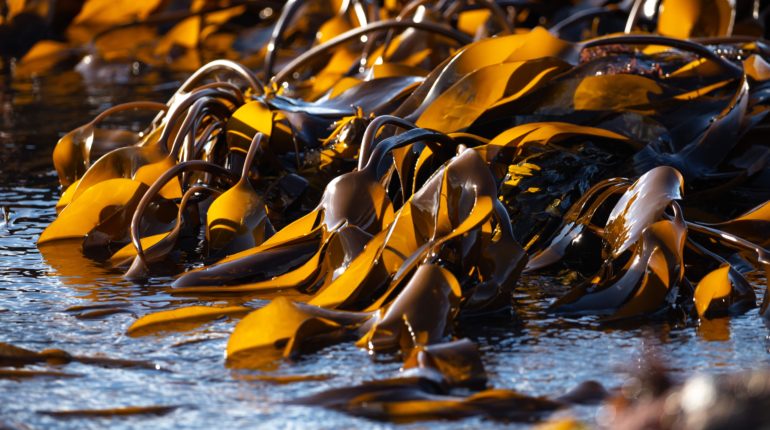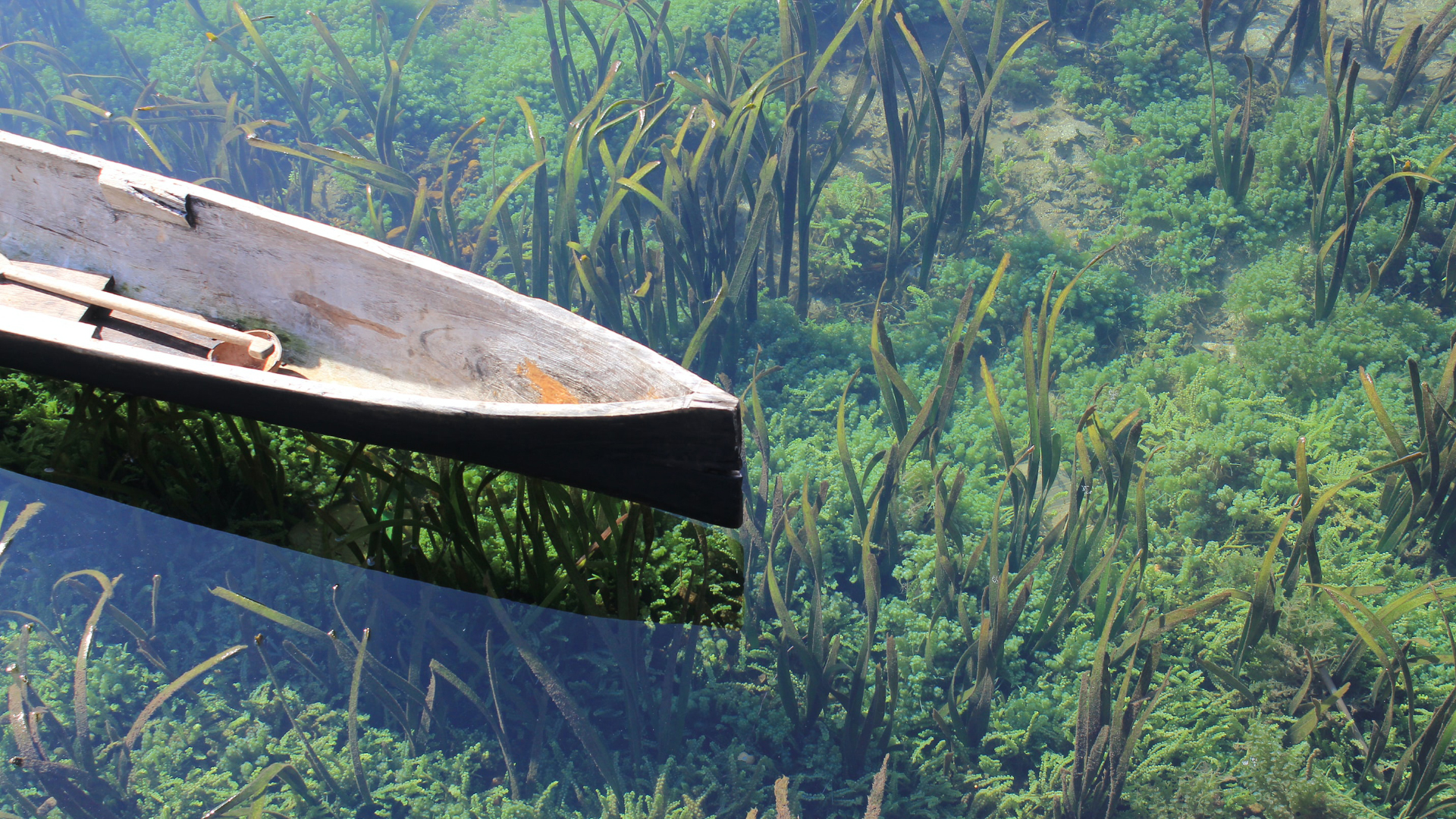Naturally salted and protein packed
Considering it’s a just a plant, seaweed is unusually high in protein.
In Norway, where seaweed is currently being farmed on a large scale, leaves grown during the springtime yield stalks made up of 30 percent protein.
As we try to swap our taste for animal meat in favour of more a plant-based diet, experts are saying that seaweed could stand as a protein-packed replacement for red meat which accounts for 44 percent of the global greenhouse gas emissions caused by farming.
Though many veggies and vegans rely on soya products like tofu for essential protein intake, growing soybeans for such products has led to deforestation and a loss of biodiversity. It is also known that cultivating soy degrades water quality in rural communities due to the use of agrochemicals.
All of these factors make seaweed an attractive option, since some kelp forests grow even faster than one of the world’s favourite sustainable plants, bamboo, growing 2 feet per day. Bonus perks? They don’t require any finite resources like fresh water, nor do they take up any farmland.

Seaweed absorbs loads of carbon dioxide
It’s easy to assume that forests and rainforests are the most important carbon sinks we have. While this is true, the ocean harbours tons of carbon emissions each year.
A large portion of ocean-absorbed carbon is thanks to various kinds of seaweed. These plant species – of which there are 11,000 different kinds – capture 200 million tonnes of carbon emissions each year and are responsible for producing at least 50 percent of Earth’s oxygen annually.
In a surprising and promising trial, it’s been suggested that seaweed could aid with cutting down those high greenhouse gas emissions coming from dairy farms.
A 2021 study found that by adding a special type of algae found inside seaweed to cow feed, methane emissions produced by cows can be reduced by almost 80 percent.
Though more investigation is being carried out to determine if the addition of seaweed will change the taste of the meat, it’s exciting to see the study being looked into further.

Seaweed can replace plastic forever
Once processed chemically, seaweed can be used as edible wrapping, a stronger replacement for paper straws (which we all know aren’t strong enough), and as films for food pots which aren’t currently recyclable.
I’ve already written a lot about seaweed’s capability as a plastic replacement for Thred, but in coming years I’m confident that seaweed will move into the mainstream with more eco-friendly companies cropping up around the world.
Innovations are constantly underway with companies like NotPla, Evoware, and Loliware making major leaps to replace traditionally single-use plastic items with seaweed replacements.
This isn’t a new idea, either. Ancient communities utilised seaweed for hundreds of years and in a myriad of ways, from using thick and wide strands to create food preservation bags to using their dried stems to make various instruments.
Sure, it’s taken how bad plastic is for the environment in order to rediscover the potential of this amazing sea-dwelling plant – but it’s better late than never right?
Gotta love a silver lining.























